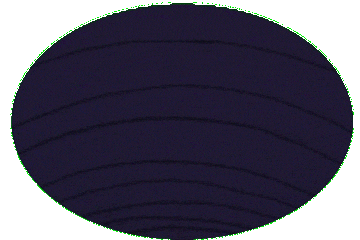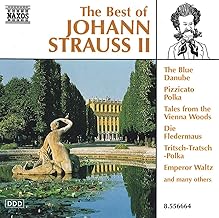Johann Strauss
Johann Baptist Strauss II (; German: [ˈjoːhan bapˈtɪst ˈʃtʁaʊs]; 25 October 1825 – 3 June 1899), also known as Johann Strauss Jr., the Younger or the Son (German: Johann Strauß Sohn), was an Austrian composer of light music, particularly dance music and operettas, as well as a violinist. He composed over 500 waltzes, polkas, quadrilles, and other types of dance music, as well as several operettas and a ballet. In his lifetime, he was known as "The Waltz King", as he played a major role in popularizing the waltz in the 19th century. Some of Johann Strauss's most famous works include "The Blue Danube", "Kaiser-Walzer" (Emperor Waltz), "Tales from the Vienna Woods", "Frühlingsstimmen", and the "Tritsch-Tratsch-Polka". Among his operettas, Die Fledermaus and Der Zigeunerbaron are the best known. Strauss was the son of Johann Strauss I and his first wife Maria Anna Streim. The two younger brothers, Josef and Eduard Strauss, also became composers of light music, although they were never as well known as their brother.
This article uses material from the Wikipedia article "Johann Strauss II", which is released under the Creative Commons Attribution-Share-Alike License 3.0.
References
| Title | Summary | |
|---|---|---|
| Postcards from the Boys | ... and Harry Nilsson looking for Johann Strauss in Austria ... | |












